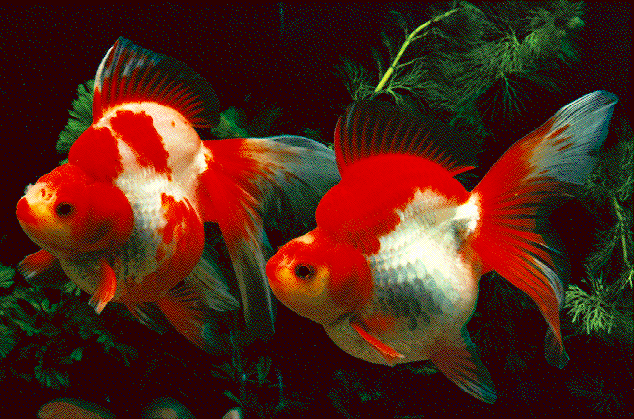
ScienceDaily (Jan. 15, 2010) — Norwegian School of Veterinary Science doctoral student Janicke Nordgreen has studied nociception and pain in teleost fish. Her conclusion is that it is very likely the fish can feel pain.
In her dissertation, Nordgreen studied the response to potentially painful stimuli in groups of cells and at the individual. As consciousness is essential to feel pain, Nordgreen tested as well whether fish can be taught to solve a task as in humans requires conscious attention.
The research on pain and nociception (physiological detection of stimuli that can cause tissue damage) in fish is important primarily because pain is a serious threat to animal welfare. In addition, the research may increase our understanding of the evolution of consciousness and the nociceptive system.
In her project, Nordgreen used Atlantic salmon (Salmo salar), goldfish (Carassius auratus) and rainbow trout (Oncorhynchus mykiss). Her research showed that noxious galvanic stimulation elicited activity in the Atlantic salmon telecephalon, and that the response was graded with stimulus intensity. In another experiment, the goldfish showed escape responses when the temperature exceeded 38 degrees C, which is within the temperature range that is deadly to goldfish. This suggests that the ability to respond to harmful point heat is a conserved feature among vertebrates.
The third experiment mapped the metabolism of morphine in Atlantic salmon and goldfish. It was found that they metabolize and secrete morphine more slowly than humans, and that the morphine in small extent reaches the brain of the fish. It was shown that the elimination half life of morphine was approximately one order of magnitude higher than in humans for both species.
The last experiment showed that rainbow trout could learn by trace classical condition. By using reinforcer devaluation, it was also found that the underlying association was most likely of a stimulus-stimulus nature.
No single experiment can unequivocally answer the question of whether fish can feel pain, but the current findings, seen in the context of existing literature strongly indicates that fish are not only capable of nociception but also of conscious perception of pain.
Janicke Nordgreen defended her PhD-thesis, entitled "Nociception and pain in teleost fish," at the Norwegian School of Veterinary Science on October 28, 2009.
No comments:
Post a Comment